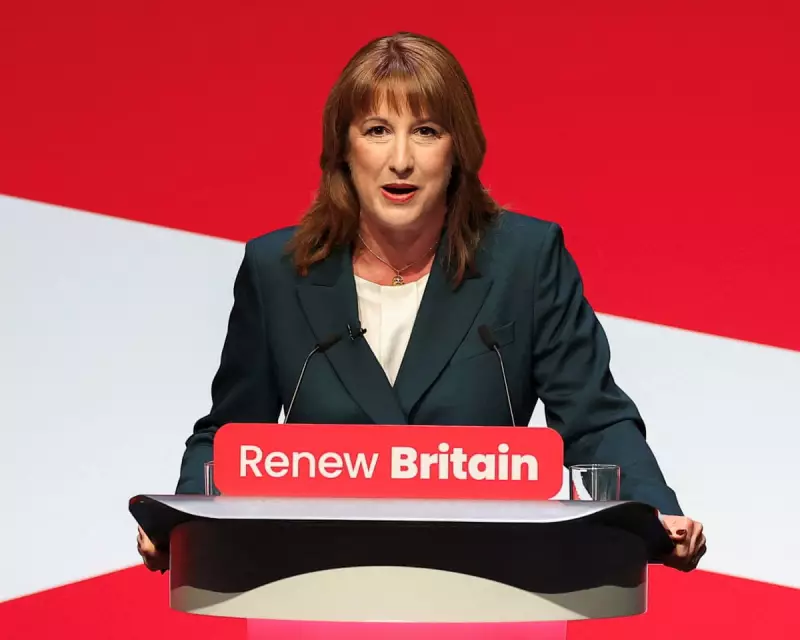
In a dramatic shift of power from Westminster to the trading floors of the City, Chancellor Rachel Reeves finds her government's economic agenda increasingly hostage to the whims of the bond markets. The era of cheap money is over, and the new financial reality is forcing a fundamental rethink of what's politically possible.
The New Masters of Economic Policy
Gone are the days when governments could freely borrow their way through crises. Today, the bond vigilantes are back with a vengeance, scrutinising every fiscal move and punishing any sign of financial irresponsibility with higher borrowing costs. This isn't just an economic challenge - it's a political earthquake that's reshaping the very foundations of government decision-making.
Reeves' Fiscal Tightrope
The Chancellor now walks a perilous tightrope. On one side, the urgent need for public investment in crumbling infrastructure and essential services. On the other, the market's demand for fiscal discipline and sustainable debt levels. Every spending announcement is now measured against its potential impact on gilt yields, creating an invisible constraint that previous governments rarely faced.
The Austerity Dilemma
This market pressure creates an uncomfortable paradox. To maintain credibility and keep borrowing costs manageable, the government may be forced into implementing spending restraint that runs counter to its political instincts and manifesto promises. It's a classic case of being careful what you wish for - the power to govern comes with the responsibility to please the markets.
Beyond Political Rhetoric
The situation exposes the limitations of political rhetoric when confronted with financial reality. Grand spending plans must now be tempered by market realities, and ambitious policy goals must survive the scrutiny of bond traders who care more about balance sheets than political narratives.
This new dynamic represents a fundamental shift in how Britain is governed. The question is no longer just what voters want, or what politicians promise, but what the markets will tolerate. For Rachel Reeves and her team, navigating this trilemma may define their time in office more than any policy initiative.





